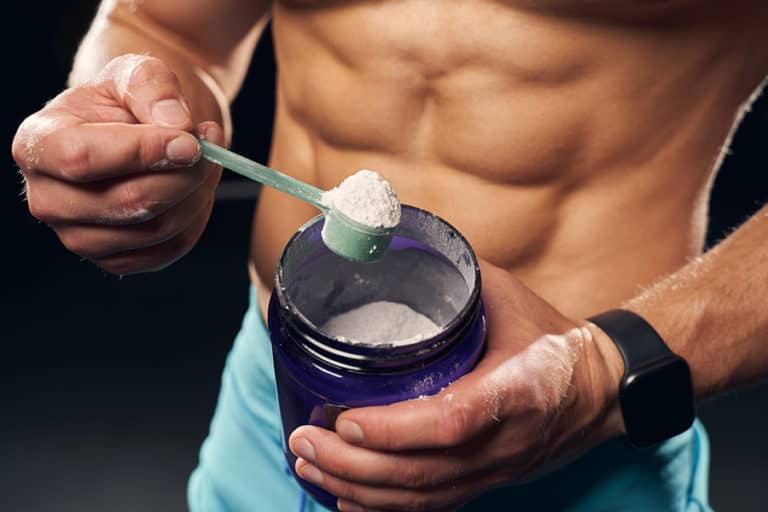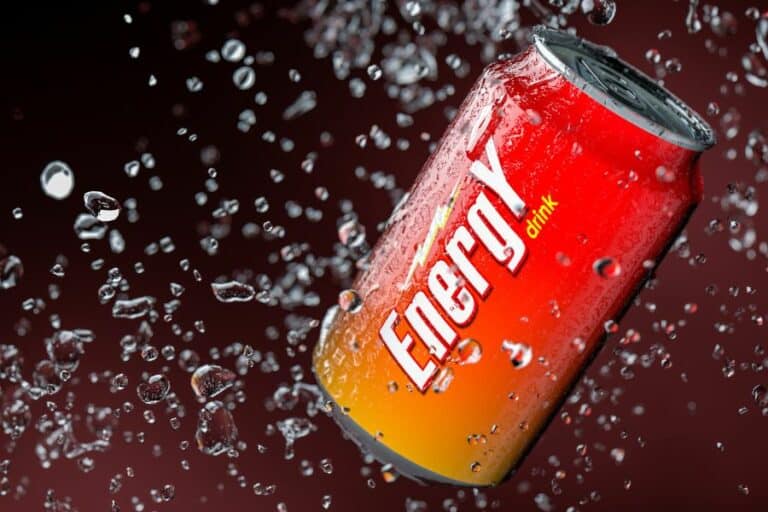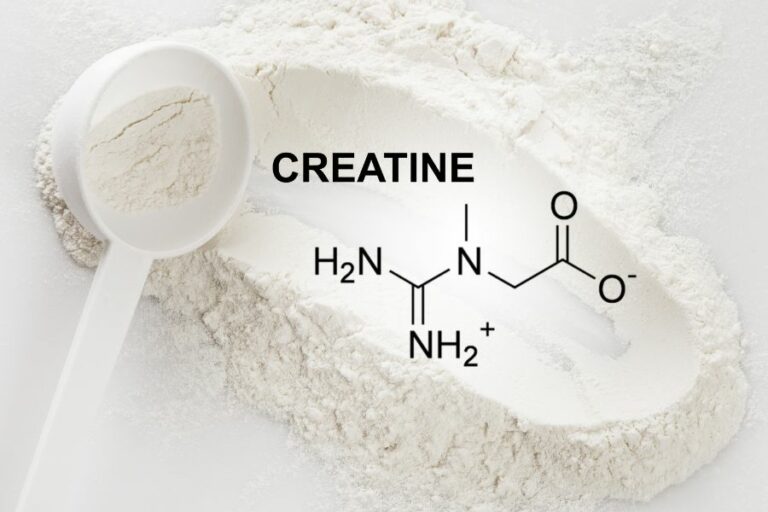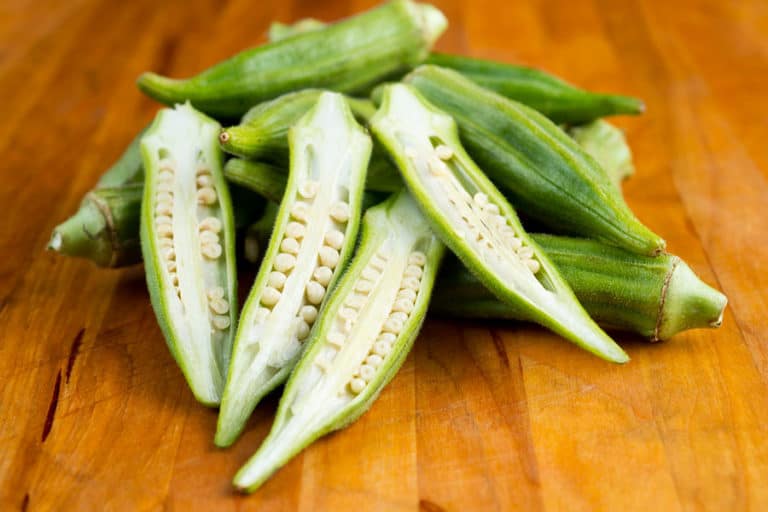Can You Drink Water While Fasting? The Definitive Answer

Can You Drink Water While Fasting | Different types of fasting | Benefits | Water consumption | Factors | Drinks to avoid | Beverages allowed | Stay hydrated
Fasting refers to deliberate abstinence from food and/or drinks for a specific period.
While some fast for health and to lose weight, others do so because certain medical tests and procedures mandate the same. Yet others might go into fasting for spiritual or religious purposes as well.
Intermittent fasting, water fasting, dry fasting, and fasting for medical purposes are some of the most common types of fasting.
Where does water consumption fit into all these types of fasts? Is it beneficial or detrimental to drink water while fasting? Can you drink water while fasting?
Can You Drink Water While Fasting?
The answer is yes, you can drink water while fasting. However, it’s important to note that there are certain types of fasting that don’t allow for the consumption of water.
Water is a vital element for our body. Water consumption in different forms constitutes approximately 4% of the total body weight in adults [1]National Library of Medicine: Water and Electrolytes and nearly 15% of total body weight, in infants.
So, even if you are going on a fast, water remains crucial to the overall health and normal functioning of the body. Without water, our body’s essential functions may get hampered, leading to dehydration, weakness, and fatigue.
Hence, unless your specific fasting type mandates that you do not consume any liquid whatsoever, it may be a good idea to consume water while fasting.
Drinking water while fasting is not just acceptable, it is actually necessary in order to maintain proper hydration levels.
Different types of fasting
Different types of fasting have various requirements for water intake. Below are the types of fasting and their role in water intake.
1. Intermittent fasting
Intermittent fasting involves fasting for a specific period of time. There are different formats of intermittent fasting, like:
- The 16/8 method
- The 5:2 diet
- Alternate day fasting
- Eat-stop-eat method
- The Warrior diet
Intermittent fasting does not require abstaining from water. In fact, it is advised to consume optimum amounts of healthy, unsweetened, calorie-free drinks during the fasting window.
2. Fasting for medical purposes
If you are scheduled to undergo a medical procedure like a surgery, you will obviously be administered general anesthesia.
At this time, your healthcare professional or surgeon will instruct you to stop consuming liquids (including water) 2 hours before the medical procedure and abstain from solid foods 6 hours before it.
So, why is it important to stop consuming water or food before a medical procedure that involves general anesthesia?
Fasting before surgery is important [2]National Health Service: Can I eat or drink before an operation? because, after being sedated, the body’s functions and general reflexes come to a standstill.
There is a risk of the body throwing up any remains of food and drink in the form of vomit. This could lead to fatal consequences during a surgery.
3. Fasting for blood tests
You may be required to fast before certain kinds of medical tests. Before any blood test, you may be asked to fast for a specific number of hours (ranging from 2-3 hours to 8-12 hours).
Some examples of blood tests that require fasting are:
- Renal function panel tests (8- to 12-hours)
- Liver function tests (8- to 12-hours)
- Basic metabolic panel tests (8- to 12-hours)
- Fasting blood sugar tests (overnight/8- to 10-hours)
- Lipoprotein panel tests (8- to 12-hours)
4. Water-only fasting
Water-only fasts involve drinking only water for a specific period. Usually, water fasting is observed for a maximum of 48 hours.
During this type of fast, drinking water is essential to maintain proper hydration levels and prevent dehydration.
Ensure to consume a little more than the daily recommended amount of water intake while on this type of fast.
5. Dry fasting
Dry fasting is an extreme form of fast that involves abstaining from both food and all forms of drink, including water.
This type of fast can have serious repercussions on your health and should strictly be done under the guidance of a medical practitioner.
Benefits of drinking water during fasting
Drinking water during fasting is crucial for maintaining proper hydration levels and reaping the numerous health benefits that come with fasting.
Below are some of the benefits:
- Prevents Dehydration: Drinking water during fasting helps to maintain proper hydration levels, preventing dehydration.
- Caloric Intake Control: Drinking water can help control caloric intake and prevent overeating during meals.
- Boosts Metabolism: Drinking water during fasting helps to increase the metabolism rate, which can aid in weight loss.
- Aids Digestion: Drinking water on an empty stomach can help stimulate the digestive system and improve gut health.
- Cleanses Toxins: The Arthritis foundation’s list [3]Arthritis Foundation’s: Best Drinks for Arthritis of best drinks for arthritic health, refers to water as an elixir when it comes to flushing out toxins. Drinking water during fasting further speeds up this process of cleansing, promoting a healthy body.
- Blood Sugar Control: Drinking water can help regulate blood sugar levels, preventing spikes and crashes that can occur when fasting.
- Prevention of Health Complications: Staying hydrated during fasting can prevent health complications like dehydration, kidney stones, and urinary tract infections.
- Medical Procedures: Drinking water during fasting can be helpful during medical procedures that require fasting, as it can prevent dehydration and reduce the risk of complications.
- Important for Brain Health: Drinking water during fasting can improve brain functions and cognitive performance [4]National Library of Medicine: Water, Hydration and Health, leading to better focus and mental clarity.
- Regulates Heart Health: Drinking water can help regulate blood pressure and reduce the risk of heart disease.
How much water should you drink while fasting?
Staying hydrated is important for overall health and wellbeing, and becomes even more crucial when fasting. For this, you need to clearly understand how much water you should drink in a day.
According to the National Academies of Science, Engineering and Medicine [5]National Academies of Science, Engineering and Medicine: Report Sets Dietary Intake Levels for Water, Salt, and Potassium To Maintain Health and Reduce Chronic Disease Risk, men should aim for 125 ounces (3.7 liters) of daily fluid intake, while women should aim for 91 ounces (2.7 liters).
About 20 percent of those hydration requirements are typically met through food, assuming we are eating adequate amounts of fruits and vegetables. During fasting, we deprive ourselves of this source of hydration.
Therefore, it is essential to compensate for the loss of food-based hydration. You can do so by consuming more water, or supplementing your water intake with unsweetened, zero-calorie beverages.
This will help you avoid the unpleasant fallout and symptoms of dehydration like dizziness, bloating, etc.
Factors that affect water intake during fasting
The ideal amount of water intake during fasting or at normal times vary from one person to another based on certain variables.
Below are the three most important factors that impact the recommended levels of water consumption during fasting:
- Age: Older people may need more water during fasting as their body’s water retention capacity decreases with age.
- Climate: People living in hot and humid climates may require more water during fasting as they may get dehydrated faster.
- Health Conditions: People with health conditions like diabetes or kidney disease may require more or less water during fasting, depending on their health condition.
Drinks to avoid when fasting
While hydration is important for anyone who is on a fast, it cannot come from just about any beverage or drink. Here is a list of drinks you must avoid while you are fasting:
- Alcoholic beverages: Alcoholic drinks are packed with calories and can disrupt your metabolic rate, leading to the disruption of your fast. So, avoid alcohol even if you are on a liquids-only type of diet.
- Sugary drinks: Sugary soft drinks, energy drinks, and fruit juices are loaded with calories and can cause a spike in blood sugar levels.
- Caffeinated beverages: Caffeinated beverages are generally considered acceptable during fasts if they are unsweetened and have zero-calories. However, it is important to remember that caffeine can also lead to dehydration. Since dehydration can pose serious problems to people who are fasting, it is best to avoid caffeine while fasting.
- Milk: Milk and other dairy products contain fat and proteins which can disrupt the process of autophagy (cellular repair), an important part of any fast. Therefore, milk should be avoided when fasting.
Other beverages you can drink while Fasting
While water is the best beverage to drink during fasting, there are other calorie-free drinks that you can consume.
Some of the other beverages that you can drink during a fast in order to stay hydrated include:
- Herbal Tea: Herbal teas like green tea, chamomile tea, and peppermint tea are great options to drink during fasting. Plain unsweetened tea is low in calories and provides several health benefits.
- Black Coffee: Black coffee is another low-calorie beverage that you can consume during fasting. It is also known to boost metabolism and aid in weight loss.
- Sparkling water: Sparkling water is also a great option to keep hydrated during fasting. It has no calories and can help curb cravings. Try flavored seltzer water if plain water or plain sodas aren’t to your liking.
- Lemon water: Lemon water is a great way to add flavor and nutrients to your water intake. It is also known to aid in digestion, which can be beneficial during fasting.
- Coconut water: Coconut water [6]Science Direct: Coconut Water is a great low calorie drink and a good source of electrolytes and can help keep you hydrated during a fast.
Tips for staying hydrated while fasting
Staying hydrated while fasting is essential for maintaining good health and avoiding dehydration. Here are some tips that may help:
- Instead of drinking a large amount of water at once, take small sips throughout the day. This can help you absorb the water better and avoid feeling bloated.
- When fasting, your body may lose essential electrolytes such as sodium, potassium, and magnesium. Adding an electrolyte supplement to your water can help replenish these important minerals.
- Keep a water bottle with you wherever you go during your fasting period. This can serve as a reminder to drink water regularly throughout the day.
- Don’t wait until you’re thirsty. Thirst is a sign that your body is already dehydrated. To prevent dehydration, try to drink water at regular intervals throughout the day, even if you don’t feel thirsty.
- Use a hydration app that can help you track your water intake and remind you to drink water throughout the day. This can be a helpful tool for staying on track with your hydration goals
Conclusion
Staying hydrated is essential for anyone who is fasting. Drinking plenty of calorie-free beverages can help keep you hydrated while fasting. The information provided above can help you go through your fasting period with little or no health complications. Consult a healthcare expert if you have any more doubts regarding the same.
References
| ↑1 | National Library of Medicine: Water and Electrolytes |
|---|---|
| ↑2 | National Health Service: Can I eat or drink before an operation? |
| ↑3 | Arthritis Foundation’s: Best Drinks for Arthritis |
| ↑4 | National Library of Medicine: Water, Hydration and Health |
| ↑5 | National Academies of Science, Engineering and Medicine: Report Sets Dietary Intake Levels for Water, Salt, and Potassium To Maintain Health and Reduce Chronic Disease Risk |
| ↑6 | Science Direct: Coconut Water |







